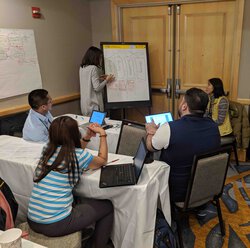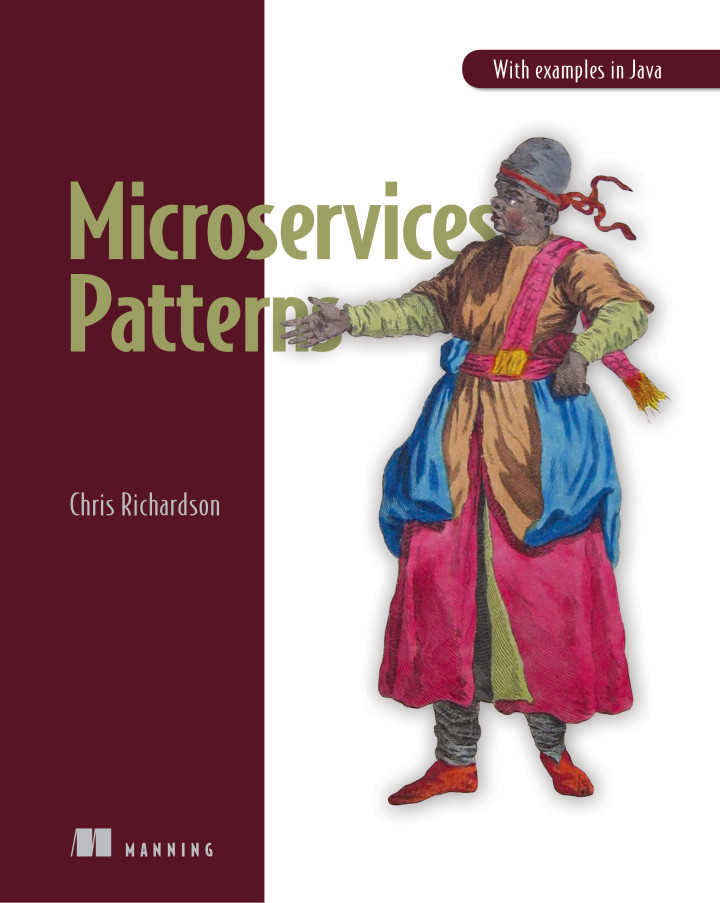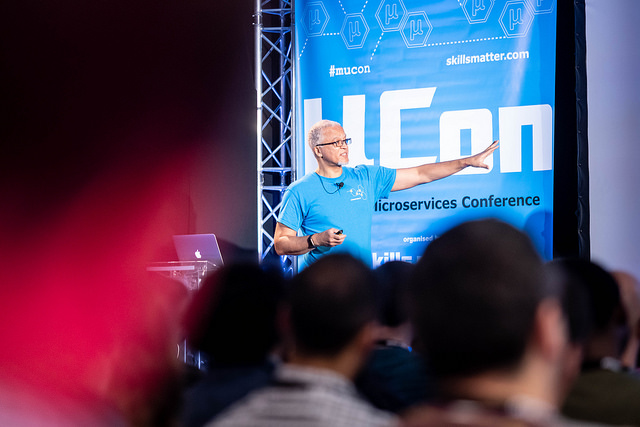Work smarter, not longer: Embrace fast flow
fast flow healthContact me for information about consulting and training at your company.
The MEAP for Microservices Patterns 2nd edition is now available
Until July 25th, enroll for $95 in my virtual bootcamp, distributed data patterns in a microservice architecture
I’m disturbed by the arguments in favor of increasing working hours. For example, Greece recently adopted a six day work week for some jobs, some South Korea companies appear to be doing the same and Chinese tech companies have had the grueling 996 schedule. Over the years, I’ve even had managers that tried to boost productivity with proclamations such as “we need to buckle up and burn the midnight oil”. But in reality, long working hours are not sustainable, and are not healthy. Companies that want to boost productivity should embrace fast flow instead.
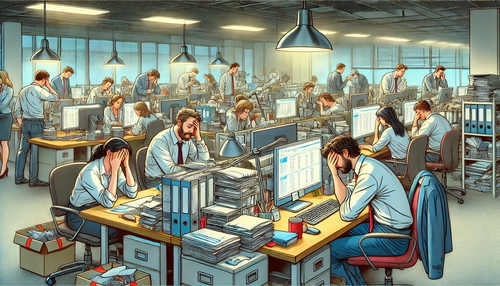
Long hours reduce productivity and creativity
The problem with long working hours is that humans get tired. Tired humans make mistakes and are less productive. None of this is new. Henry Ford reduced working hours in 1926 to boost productivity.
Moreover, since people still have lives outside of work, longer working hours will likely result in less sleep, which reduces productivity even more. As I wrote a while ago, the lack of sleep results in cognitive impairment, athletic impairment, and poor health.. There are also various other studies about sleep deprivation and cognitive impairment. There’s even study that looks at the impact of sleep deprivation on software developers. If you want productive and creative employees, they need to be well rested.
Tired and stressed employees are bad for business
Few, if any companies, benefit from sleep deprived and stressed out employees. That’s especially true for those companies where employees do creative, knowledge work. But it’s the same for factory workers, truck drivers, airline pilots, doctors and many others.
Work smarter, not longer: embrace fast flow
If your company needs to boost its performance, working longer hours will only make the problem worse. The solution is to work smarter, not longer. I’ve written a few articles about doing more with less including improving the developer experience (happy developers write better code), and build, don’t buy.
Software development organizations should adopt fast flow, which is the continuous delivery of small valuable changes, using a combination of DevOps and Team Topologies. Employees will be far more productive. They will also get fast feedback from the customers, which will guide product development and reduce waste.
What’s more, the benefits of these practices aren’t just limited to software development organizations. Consider, an employee working in a silo’d, hierarchical organization. In order to get anything done, they have to navigate a complex bureaucracy, which wastes time and energy. Endless meetings are required to align and coordinate the teams. The employee also has to constantly report up the hierarchy, and wait for approval, which makes them even less productive.
Instead of burning out their employees, such an organization can dramatically boost productivity by reorganizing into Team Topologies-style stream aligned teams that have been given clear guidelines. Since the teams are cross-functional and loosely coupled, most work is done within a team. Nobody is blocked waiting for another team to schedule or meeting or finish a task. And, because management has provided clear guidelines, the teams are empowered to act autonomously. There’s no need to ask for permission and wait.
Summary
In conclusion, working longer hours is not the solution to boosting productivity. It’s often counterproductive. Instead, companies should embrace fast flow. Furthermore, software development organizations should adopt DevOps and improve the developer experience.
Need help with accelerating software delivery?
I’m available to help your organization improve agility and competitiveness through better software architecture: training workshops, architecture reviews, etc.
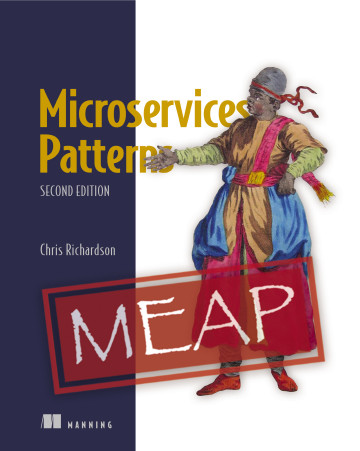

 Premium content now available for paid subscribers at
Premium content now available for paid subscribers at 